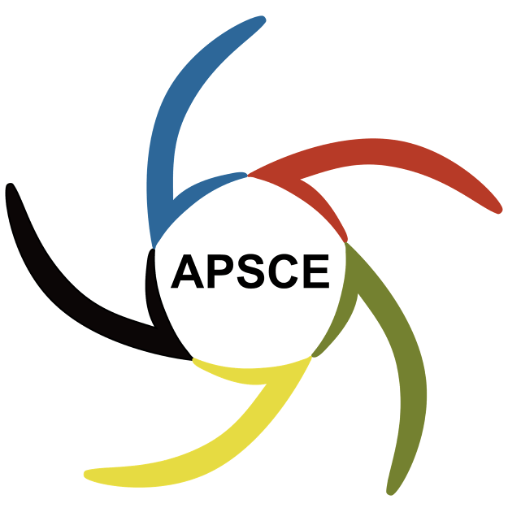



Educational Gamification and Game-based Learning (EGG) has been a popular and highly competitive research theme for the ICCE conference. As a research community, EGG attracts well-known researchers around the world to join the annual conversation organized by the Asia-Pacific Society for Computers in Education (APSCE). Each year, researchers explore cutting-edge technologies, novel pedagogical concepts, and groundbreaking design with a single purpose—to reform and transform education. Cloud computing, big data, artificial intelligence and Internet of Things (AIoT), flipped classroom, Massive Open Online Courses (MOOCs), gamification, makerspace, embodied cognition, robots, are some of the ideas zealously discussed in recent years. Without question, we will continue this endeavor in innovating learning with games, the concept of games, and toys.
Enhancing learners’ motivation for learning has driven research on games and toys in the past decade. It remains crucial today. However, there is a greater challenge for education today. The world has grown into a “flat” new world while constant changes have become the new normal. Reengineering and redesigning education for the new normal, such as inquiry, knowledge production, innovation, collaboration and creativity—is not a lofty goal, but a must. Games and toys are not just for fun; they embody learning processes that foster collaborative problem-solving, deep thinking, team work, decision-making and inquiry. They are fun and they can play a pivotal role in transforming learning mechanisms—from a drill and practice model to one that encourages inquiry, knowledge production, global citizenship, collaboration, and creativity.
As a research community, we are driven by questions pertinent to how games can be designed to foster intrinsic motivation, to restructure thinking, to alter discourse patterns, to transform classroom-learning practices and to reform a teacher-centric learning culture. We are looking for the marriage of learning theories, technologies, humanistic design, and practices. We seek for research that reveals the results and processes of the above. In the era of the big data, we are looking for research that shed lights on how students’ activity and performance can be documented for the purpose of learning and teaching. We are eager to unpack the learning processes involving the use of toys, games, and game-like activities with or without digital technologies. Any other topics about games, toys and education are also welcome.
This sub-conference invites people from all fields who are interested in learning with games and toys to submit your manuscripts. Business communities are welcome, too, as the dialogue among researchers, educators, and industry partners is a must for fostering the use of games and toys in education.
Topics of interest to the EGG conference will include but not be limited to the following:
We welcome contributions that report on accomplished research as well as work in progress.
Important Dates:
Program Chair and Co-chairs: